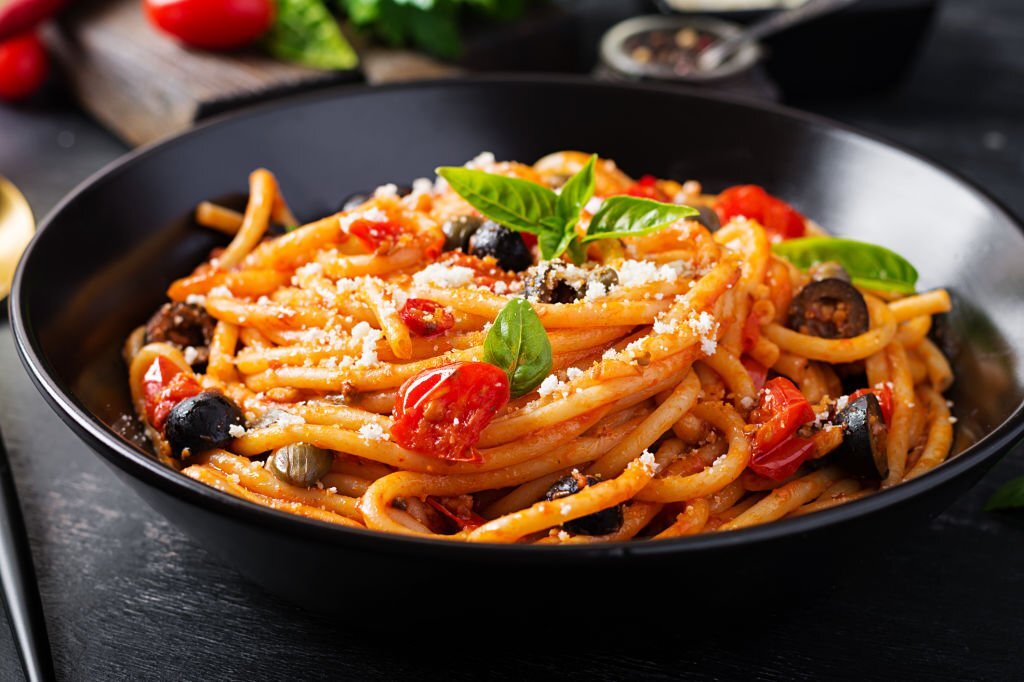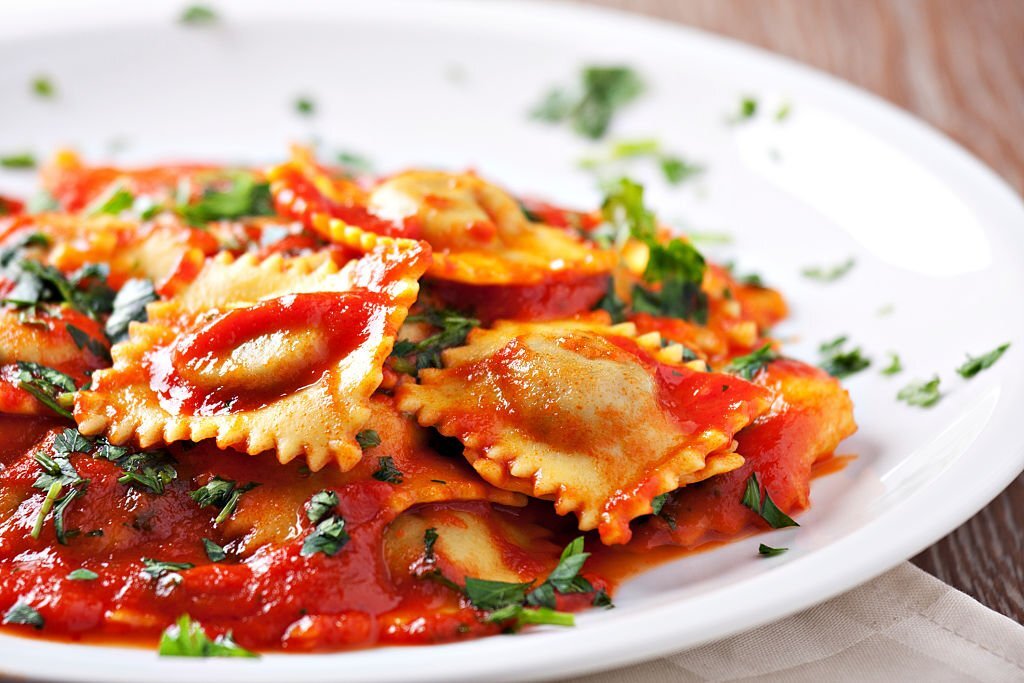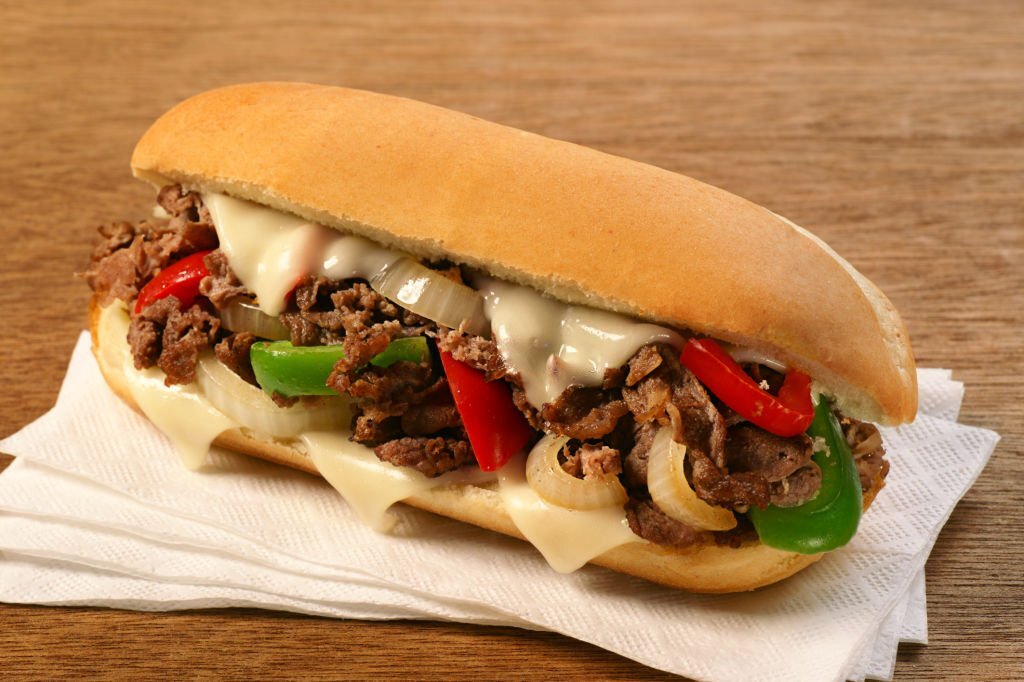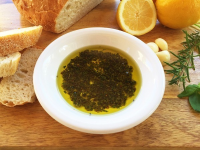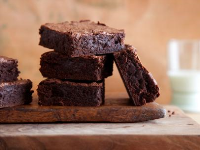More about "low potassium leg cramps recipes"
HOW MUCH POTASSIUM DO YOU NEED FOR LEG CRAMPS ...
Low potassium levels often lead to muscle weakness, muscle cramps and fatigue. Common causes of low potassium levels include diuretics that cause you to excrete potassium in your urine, alcoholism, severe diarrhea, excessive vomiting, overuse of laxatives, anorexia nervosa, bulimia, congestive heart failure, magnesium deficiency and the consumption of large amounts of black licorice.
From livestrong.com
From livestrong.com
See details
13 CAUSES OF LEG CRAMPS AND HOW TO STOP THEM | HEALTH.COM
2017-08-01 · An imbalance in sodium, calcium, magnesium, or potassium could all lead to leg cramping, says Gerardo Miranda-Comas, MD, associate program director of the sports medicine fellowship at the Icahn ...
From health.com
From health.com
See details
HOW TO AVOID LOW-CARB & KETO SIDE EFFECTS – DIET DOCTOR
2021-12-14 · Leg cramps are not uncommon when starting a strict low-carb diet. It’s usually a minor issue if it occurs, but it can sometimes be painful. 10 It’s unknown exactly why leg cramps occur, but they may possibly be due to the loss of minerals, specifically magnesium. Here’s how to avoid leg cramps: Drink plenty of fluid and get enough salt.
From dietdoctor.com
From dietdoctor.com
See details
NOCTURNAL LEG CRAMPS: CAUSES, DIAGNOSIS, TREATMENT, AND ...
2020-02-15 · Nocturnal leg cramps are a tight, knotted feeling that can last seconds or minutes. Learn more about the causes, diagnosis, treatment, and prevention of nocturnal leg cramps.
From webmd.com
From webmd.com
See details
21 NATURAL HOME REMEDIES FOR LEG CRAMPS AT NIGHT
2016-09-06 · Therefore, it is important for the patients of leg cramps to boost the potassium level in their body by eating more potassium-rich foods, such as mushrooms, dried fruits, apples, avocado, yogurt, spinach, kefir, baked potatoes, tomatoes, and cantaloupe. Potassium and sodium can keep the fluid in balance in your body. However, potassium and sodium should be consumed in the right proportion to ...
From allremedies.com
From allremedies.com
See details
HOME REMEDIES FOR LEG CRAMPS | TOP 10 HOME REMEDIES
2020-12-17 · Eating fermented foods can help ease painful leg cramps. Drinking sports drinks with electrolytes can be useful in preventing the problem. To improve blood circulation and prevent leg cramps, take 1 tablespoon of brewer’s yeast per day. Being low in B vitamins can also increase cramps. Get more B vitamins by eating eggs, grass-fed meat, fish ...
From top10homeremedies.com
From top10homeremedies.com
See details
20 BEST AND WORST FOODS FOR MUSCLE CRAMPS RELIEF & PREVENTION
2017-02-08 · Lack of potassium can be a main factor causing susceptibility to regular muscle cramps. Also, a deficiency of potassium could impact strength performance. Thus, stack several slices of avocado on your turkey sandwich to relieve your muscle cramps naturally. Read More: Top 10 Best Vitamins For Hair Health. 4. Celery. Being a good source of sodium, which plays an important role in maintaining ...
From nutritionkit.com
From nutritionkit.com
See details
MUSCLE CRAMPS - MEDICINENET
2021-02-26 · A muscle cramp is an involuntarily contracted muscle that won't relax. Get information on muscle cramps (charley horses), including leg cramps, causes (vitamin deficiency, drugs, lactic acid, dehydration, low calcium, potassium or magnesium), treatment, home remedies, and prevention.
From medicinenet.com
From medicinenet.com
See details
LEG CRAMPS | CAUSES, TREATMENT AND PREVENTING CRAMP | PATIENT
2019-01-22 · Leg cramps are common and most common in the calf muscles. They can occur in any muscle group. The cause is not known in most cases. However, some medications and diseases sometimes cause leg cramps. Regular calf stretching exercises may prevent leg cramps. Quinine tablets may be advised as a last resort if you have cramps regularly.
From patient.info
From patient.info
See details
WHAT TO DO IF YOU HAVE LOW SODIUM LEVELS? | LIVESTRONG.COM
Illnesses that may cause hyponatremia include liver cirrhosis, congestive heart failure and kidney disease. The symptoms of low sodium levels include a headache that gets progressively worse, hallucinations, confusion, fatigue, irritability nausea and vomiting. You may also experience muscle cramps, spasms and weakness.
From livestrong.com
From livestrong.com
See details









